The Moringa Oleifera is known for its exceptional nutritional properties, but like any superfood, it’s important to be aware of potential contraindications. While it is rich in nutrients such as vitamins, minerals, and antioxidants, some side effects may occur with excessive consumption or in specific health conditions. This article examines who should avoid Moringa and how to consume it safely.
Side Effects of Moringa: What to Know
Moringa is generally safe when consumed in appropriate amounts, but excessive use can lead to some side effects. One of the main concerns is the potential for gastrointestinal issues such as nausea, diarrhea, and cramps. This is because Moringa is very high in fiber, and excessive consumption can strain the digestive system. Additionally, some people may be more sensitive to the compounds in Moringa, experiencing digestive reactions even at lower doses.
Moringa and Blood Pressure: Caution for Those with Hypotension
Moringa is known for its ability to lower blood pressure. While this can be beneficial for those with hypertension, it may pose a risk for individuals with low blood pressure. In such cases, it’s advisable to consult a doctor before adding Moringa to your diet. Consuming Moringa powder or other Moringa-based products should be done in moderation to avoid adverse effects on blood pressure.
Contraindications During Pregnancy and Breastfeeding
During pregnancy and breastfeeding, caution is advised when consuming Moringa. Some studies suggest that Moringa might have uterine-stimulating effects, making it best to avoid during the early months of pregnancy. While there is insufficient evidence to declare Moringa completely safe during pregnancy, seeking medical advice is recommended to ensure it doesn’t interfere with fetal development.
As for breastfeeding, some believe Moringa can increase milk production, but its safety has not been fully demonstrated. Therefore, it’s important to proceed cautiously and under medical supervision if you choose to include Moringa during this phase.
Interactions with Medications: What to Consider
Moringa may interact with certain medications, particularly those for blood sugar control. Since Moringa is known to lower blood sugar levels, those taking antidiabetic drugs should closely monitor their glucose levels to avoid hypoglycemia. Additionally, Moringa might interact with medications that regulate blood pressure, potentially enhancing their hypotensive effects and causing excessively low blood pressure.
There may also be interactions with thyroid medications, so in these cases, consulting a doctor is essential before consuming Moringa, whether as a supplement or in the form of Moringa pesto or Moringa tomato sauce.
Recommended Daily Dosage of Moringa
To minimize risks, it’s important to follow the recommended doses. Typically, for Moringa powder, 1 to 2 teaspoons per day is advised. Exceeding these amounts can increase the likelihood of side effects. If symptoms such as nausea, stomach discomfort, or weakness occur, it’s best to reduce the dose or temporarily stop taking it.
Final Considerations on Using Moringa
In general, Moringa is a safe and beneficial food when used in moderation. However, as with any supplement, it’s essential to be informed and use it responsibly, taking into account your health conditions and any ongoing treatments. To learn more about the properties of Moringa, we recommend reading the article "The Incredible Properties of Moringa Oleifera", which explores the benefits and applications of this extraordinary food.
Discover our Moringa-based products in our dedicated Moringa collection and bring a touch of wellness to your diet with genuine, high-quality products.






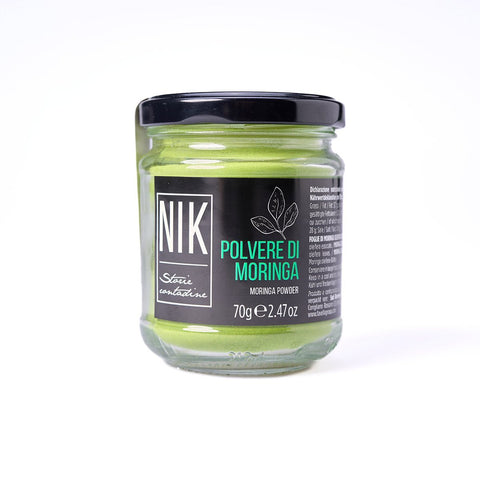
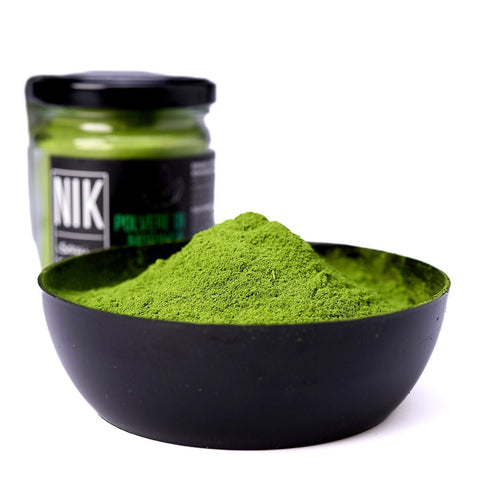
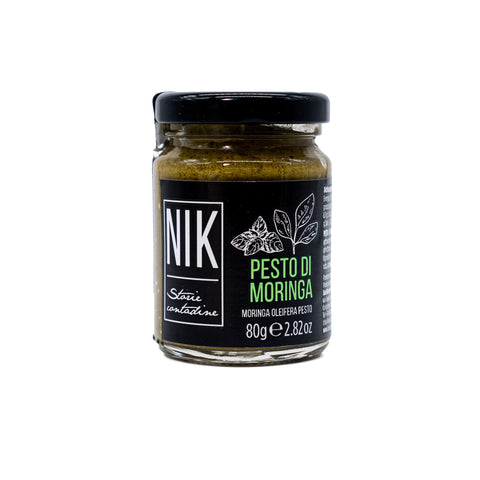
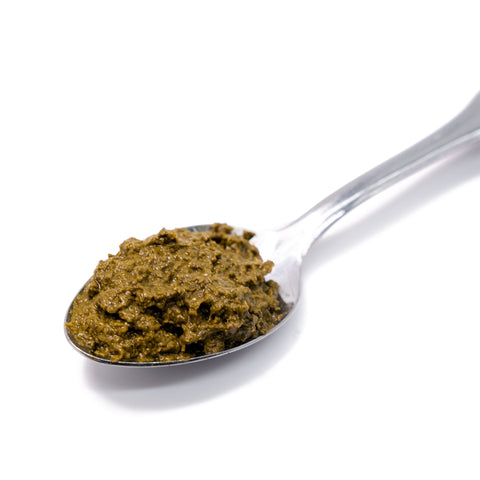
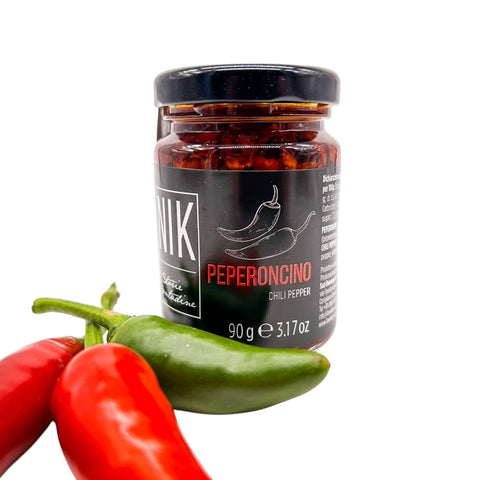
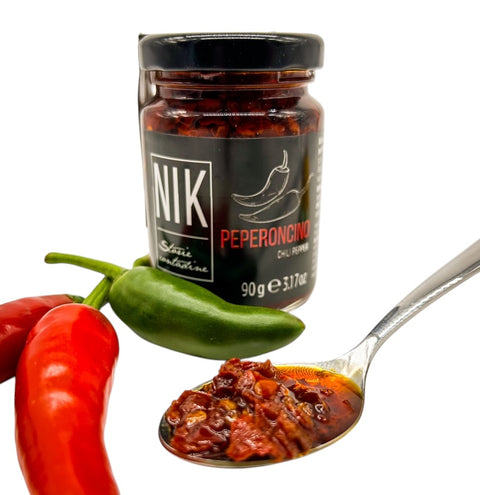
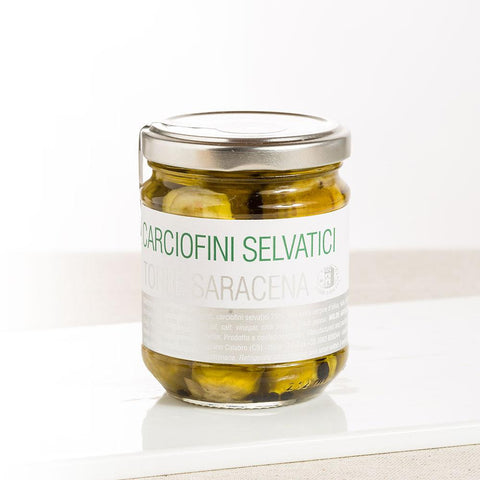



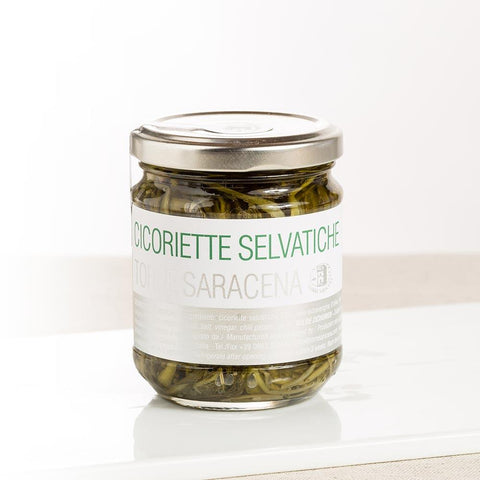

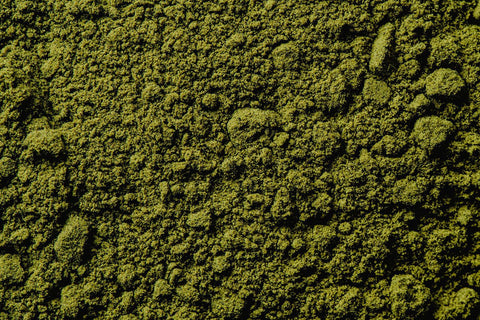

Comments (5)
Buongiorno, ho una gastrite atrofica autoimmune con metaplasia intestinale di grado severo, vorrei sapere se posso assumerla. Grazie
Vorrei sapere se posso utilizzare la moringa dato che sono allergica grazie
Desidero sapere qual’è il contenuto di principio attivo di un cucchiaino da caffè di polvere. Grazie.
Se si soffre di rettocolite ulcerosa si può assumere la moringa?
Piu publicita serve di questi prodotti,grazie